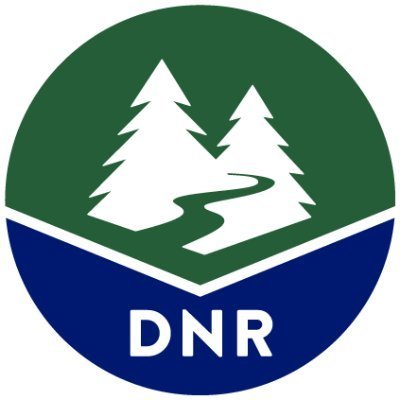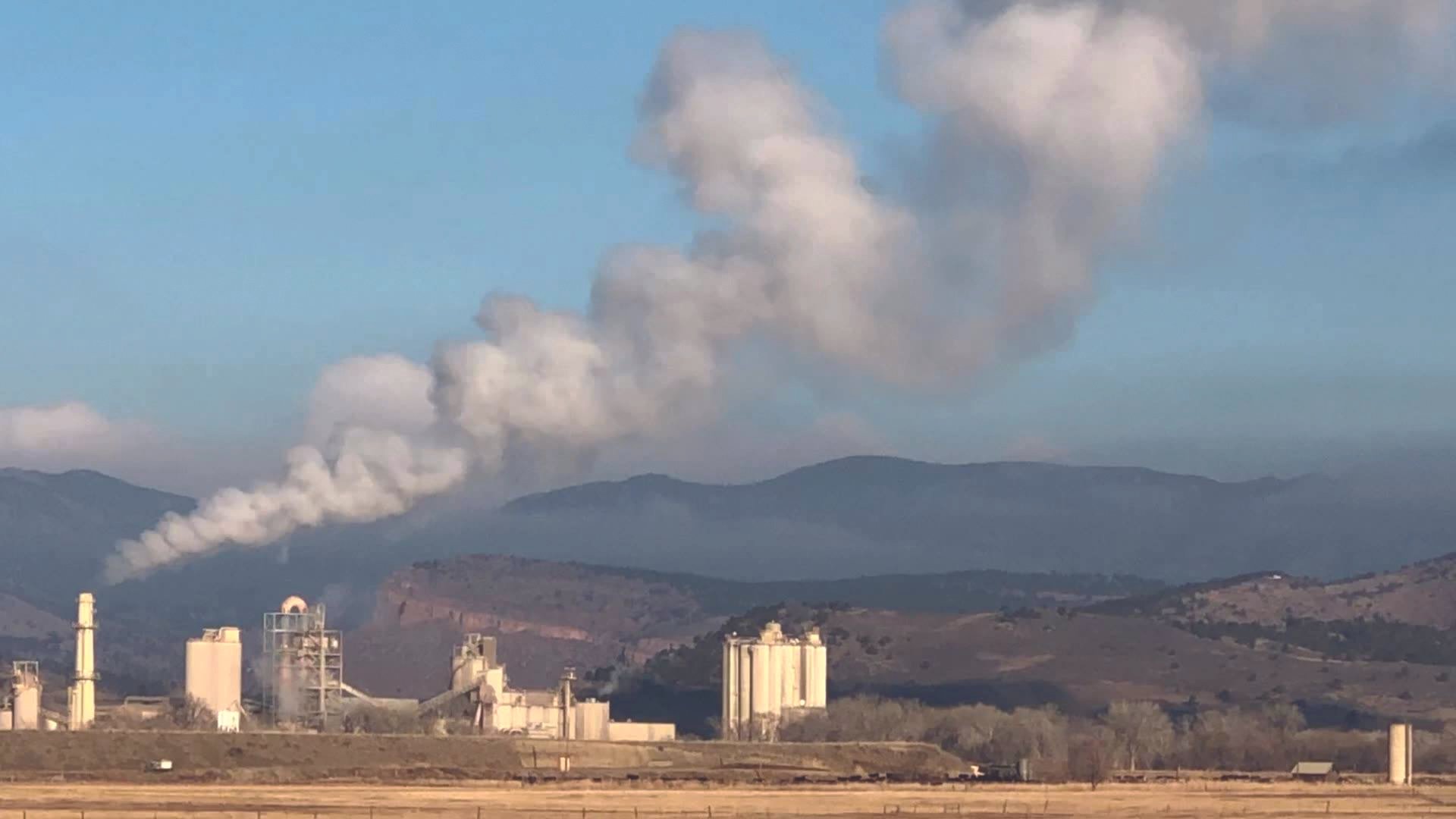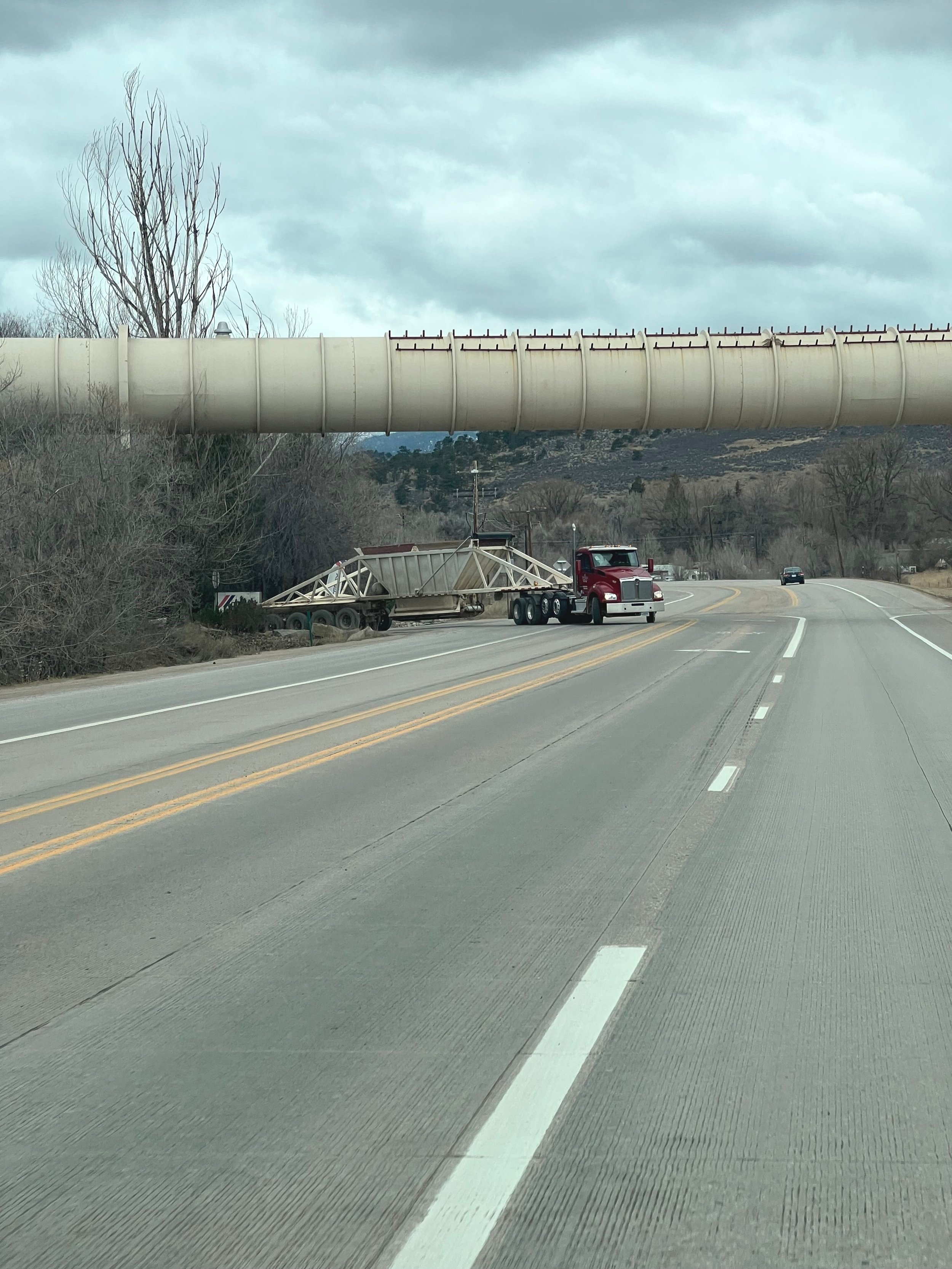
CEMEX Compliance
Holding Boulder County’s #1 Polluter Accountable to All Local, State, and Federal Regulations.
If they can’t get compliant, they need to close.
CEMEX, Boulder County’s largest CO2 polluter, is fighting to overturn the county’s April 2024 decision to terminate its operations at the Lyons cement plant due to violations of its nonconforming use. SOSVV is supporting efforts to ensure the termination is upheld, protecting public health, air quality, and our region’s climate goals. We’re working closely with community partners like Good Neighbors of Lyons to scrutinize CEMEX’s evidence, expose their flawed traffic study, and advocate for stricter environmental accountability.
-

Background
CEMEX Lyons is a 55-year old, coal-fired cement plant that has been enjoying outdated air quality standards for decades in an area with ozone "Severe Nonattainment", has also benefitted from a nonconforming/grandfathered status under the Boulder County Land Use Code since 1994, and hasn’t had its reclamation bond materially updated in 20 years.
In short, it is time to modernize what is expected of CEMEX.
-

What's Happening at the Boulder County Level?
Boulder County issued CEMEX a Notice of Termination on April 10, 2024 after determining that the increased traffic at the plant created a hazard, which improperly expanded the use of the cement plant. CEMEX is in the process of appealing this decision by first challenging the County Planning Office directly. We are awaiting their new determination on whether or not to uphold the April termination. Should it be upheld, CEMEX plans to appeal to the County Commissioners. CEMEX can continue to operate until all appeals are exhausted.
-

What's Happening at the State/CDPHE Level?
CDPHE Fined CEMEX $1.39 Million for 2022 Air Quality Violations on May 2, 2024.
CEMEX’s Title V (Air Quality) Permit is up for renewal. Our local community provided hundreds of comments and testimony to ask for modifications to the permit. CDPHE responded to these requests in late November 2024 with minimal changes to the draft. They have now sent the permit to the EPA for review. Once the EPA makes their determination, our local community will have the opportunity to petition the decision. Good Neighbors of Lyons intends to lead this process.
CDPHE Fined CEMEX $357k for 2021 Air Quality Violations in July 2023.
-

What's Happening at the State/Division of Reclamation, Mining, and Safety Level?
This process is still on-going, but the very underfunded and outdated bond was previously set at $8.9M, and the team at Good Neighbors of Lyons has worked to get that increased to about $22M. The goal is to have it funded to at least $30M, but the true cost to clean up CEMEX’s land is likely much more.
-

How to Get Involved
If you see something (dust and particulate matter), PLEASE say something!
As we continue to wait on CDPHE’s response to our requested modifications in CEMEX’s Title V permit, we need more evidence that the decades-long problems regarding the plant’s inability to prevent fugitive dust events is continuing despite the significant financial penalty recently levied. Please email any photos, videos, or even just written documentation of dust from the plant and/or its stockpiles to info@goodneighborslyons.com and they will follow up with the necessary State and County agencies.
TLDR: We might need cement, but not all cement is created equal (with equal emissions).
CEMEX, a Mexican multinational materials company listed in the Global 2000, is a major force in the production and distribution of cement, ready-mix concrete, and aggregates across 50 countries. The CEMEX Lyons plant produces cement, which is the main basic ingredient of ready-mix concrete, and was built in 1969. The majority of the plant’s raw limestone, shale, and silica were sourced from the adjacent Dowe Flats mine until 2022, when its Special Use permit expired. Materials are now being trucked in from various facilities up to 90 miles away. The plant burns coal (approximately 7 tons per day), and heats a kiln to >2300 deg F as part of its operation. Click HERE for a full timeline of the plant’s history.
CEMEX, is the #1 polluter of CO2 emissions in Boulder County, responsible for 7% of the County’s total. What is particularly noteworthy about this goes back to when the plant was built though - air quality standards and technology for cleaner cement production have evolved a lot since 1969, but the standards in which CEMEX Lyons is held to have not. A cement plant that is roughly 20 years old would still produce about 50% less emissions than an antiquated plant like CEMEC Lyons. Further, CEMEX’s competitor, LafargeHolcim, received a $1.5 million grant from the U.S. Department of Energy to research and develop a system to capture and sequester the plant’s carbon dioxide emissions and is installing it at their Florence, CO plant, and it should be live by 2024. (Source) This would result in an almost a zero carbon footprint.
So Now What? We want CEMEX to be compliant with all local, state, and federal regulations. We also want those regulations to be updated and in line with best available standards to protect public health. The 1960s were an era where it was acceptable to drive without seatbelts, smoke in public places, dump industrial waste with zero regulation, and use asbestos liberally - we’ve learned a lot since then, and CEMEX should no longer be able to enjoy largely operating the way they did back then.
Understanding the Environmental Impact of CEMEX Lyons
Hazardous Emissions and Air Quality: The CEMEX Lyons plant, built in 1969, operates with outdated emission standards. As the top CO2 emitter in Boulder County, accounting for 7% of the county's total emissions, it significantly impacts local air quality. The plant's coal-burning process, essential for its operation, releases large amounts of CO2, along with other harmful pollutants like sulfur dioxide, nitrogen oxides, and particulate matter. These emissions contribute to the greenhouse effect and climate change while also posing direct health risks to the community.
Impact on Local Ecosystems: The manufacturing process at CEMEX Lyons not only affects air quality but also the surrounding ecosystems. The extraction and transportation of raw materials, combined with the production process, can lead to habitat disruption, loss of biodiversity, and potential contamination of soil and water sources. The fugitive dust from the plant further affects plant life and wildlife habitats in the adjacent natural areas.
Resource Consumption and Waste: The plant's operations involve substantial consumption of natural resources, including water and minerals. Additionally, the production process generates industrial waste, which, if not managed properly, can contaminate the local environment.
CEMEX’s Community Impact
Health Concerns: Residents living in proximity to the CEMEX Lyons plant are exposed to air pollutants that can cause or exacerbate health issues such as asthma, bronchitis, heart disease, and other respiratory problems. The particulate matter and chemical emissions from the plant are particularly concerning for vulnerable populations, including children, the elderly, and those with pre-existing health conditions.
Quality of Life and Aesthetics: The presence of the plant and its emissions affect the quality of life in nearby communities. The haze of toxic dust, noise from operations, and heavy truck traffic (460 truck trips per day!) for material transport create a clear nuisance and hazards for our community. These factors not only impact the daily lives of residents but also affect property values and the attractiveness of the region for future economic growth.
Economic Impacts: It’s a common misconception that the plant provides a significant number of local jobs. Of the ~90 employees, two live in Lyons, and the vast majority of other employees live in Weld County, equidistant to CEMEX’s Laramie vs. the plant. Health care costs may increase for residents affected by pollution, and the environmental degradation could impact local industries that rely on clean air and natural beauty, such as tourism and outdoor recreation.
Compliance Investigations
-
The Boulder County Land Use Code was adopted in 1994; the Lyons Cement Plant was granted non-conforming, or grandfathered, status because of its pre-existing operations. Per the Boulder County Land Use Code, “The right to continue a nonconforming use terminates immediately when [there] is any other enlargement or alteration of the nonconforming use which has the effect or threatened effect of creating a hazard or nuisance on or off the property, of adversely affecting the character of the neighborhood, or of intensifying the use of the land or its need for services.”
So has CEMEX enlarged or altered their cement production which has had the effect, or threatened effect, of creating a hazard or nuisance on or off the property, of adversely affecting the character of the neighborhood, or of intensifying the use of the land or its need for services? Yes. Without a doubt.
1) The Lyons plant conducted a $10.3 Million expansion project in 1997-2000, which was classified as a ‘Major Modification’ by the EPA as was the basis of the 2012 EPA lawsuit. The facts surrounding that expansion have all played out in Federal Court and were not disputed. Learn more about the 1997-2000 Expansion Project here.
2) After the expiration of the Dowe Flats mine permit, CEMEX began trucking 100% of its raw materials to produce cement. This operational change increased local truck traffic by more than 100% (confirmed in a recent traffic engineering study submitted by CEMEX to CDOT).
These two enlargements and alterations alone are enough to warrant termination of the plant’s non-conforming status.
STATUS: Our friends at Good Neighbors of Lyons initiated an investigation into these with the County in January 2023; we are expecting a determination on this front by the end of the year. Should the County determine that termination is warranted, CEMEX would need to apply for a Special Use Permit in order to continue operations at their Lyons plant. To be frank, it would be extremely difficult for CEMEX to meet the 13 criteria needed in order to earn a Special Use permit. There is also a public process for such a permit, and we are confident our community will speak up.
-
CEMEX Lyons also gets to enjoy many grandfathered air quality standards under the Clean Air Act, standards established back in the 1960s when it was acceptable to drive without seatbelts, smoke in public places, dump industrial waste with zero regulation, and use asbestos liberally. This antiquated framework, coupled with the significant increase in emissions, underscores the urgency for change. Our path to that change is via CEMEX’s Title V (Air Quality) Operating Permit, which is up for renewal NOW! It's not just about progress; it's about ensuring a future where our community breathes cleaner air and enjoys a healthier environment.
What Can You Do To Help?
1) Register to speak at the public hearing on January 5, 2024! (Starts at 4pm)
2) Email your comments to the AQCC in advance at cdphe.aqcc-comments@state.co.us
3) Speak up to demand (specific) changes to CEMEX’s air quality permit at the public hearing on January 5th! Click HERE for some great talking points!
The purpose of the public comment hearing is to solicit comments regarding the proposed operating permit and its supporting documents. Public comments on air quality issues not related to the draft Title V operating permit will not be accepted into the record.
The Commission encourages all interested persons to provide their written comments in advance of the hearing and oral comments during the hearing. The Commission encourages that all written comments, handouts, or exhibits be submitted by December 28, 2023 so that the Hearing Officer has the opportunity to review the information prior to the hearing. However, written comments will be accepted by the Commission up to the close of the public comment hearing. Submissions to the Commission should include: your name and the name of the group or organization that you may be representing (if applicable).
Recent Air Quality Violations Settlement: In July 2023, CDPHE and CEMEX settled on a $357,000 fine for air quality violations occurring between April 2020 and May 2021. An investigation for incidents from June 2021 onward is still in progress; we would anticipate more documented violations and an additional settlement.
-
DRMS mandates that reclamation bonds must be up-to-date, reflecting the current cost estimates for site remediation. This ensures that sufficient funds are available to restore the land to a safe and usable state if the operating company fails to do so.
Insufficient Reclamation Bond: CEMEX’s $8.9 Million reclamation bond had not been materially updated in 20 years, which Good Neighbors of Lyons raised concerns with DRMS about in January 2023. CEMEX issued a bond recalculation in March that merely added inflation to the 20-year old construction quotes, to which GNL immediately issued a detailed rebuttal as to its insufficiency. CEMEX provided a new calculation in August, which had many errors, omissions, unclear methodologies, and even some unapproved changes to the reclamation plan itself. GNL provided another detailed rebuttal in September 2023 and are awaiting feedback from both DRMS and CEMEX.
Status: On-going, but the current reclamation calculations have been increased to $14M + the cost of asbestos abatement.
-
In August 2023, CDPHE's Air Quality Control Commission required CEMEX to reduce its emission intensity rate by 7.77% under the GEMM program. A higher reduction of 10.68% was initially proposed, but a compromise was reached after CEMEX counter-offered a 0.97% reduction. Meeting these targets would necessitate substantial upgrades to this 54-year old coal-fired plant, posing a financial challenge for CEMEX.




